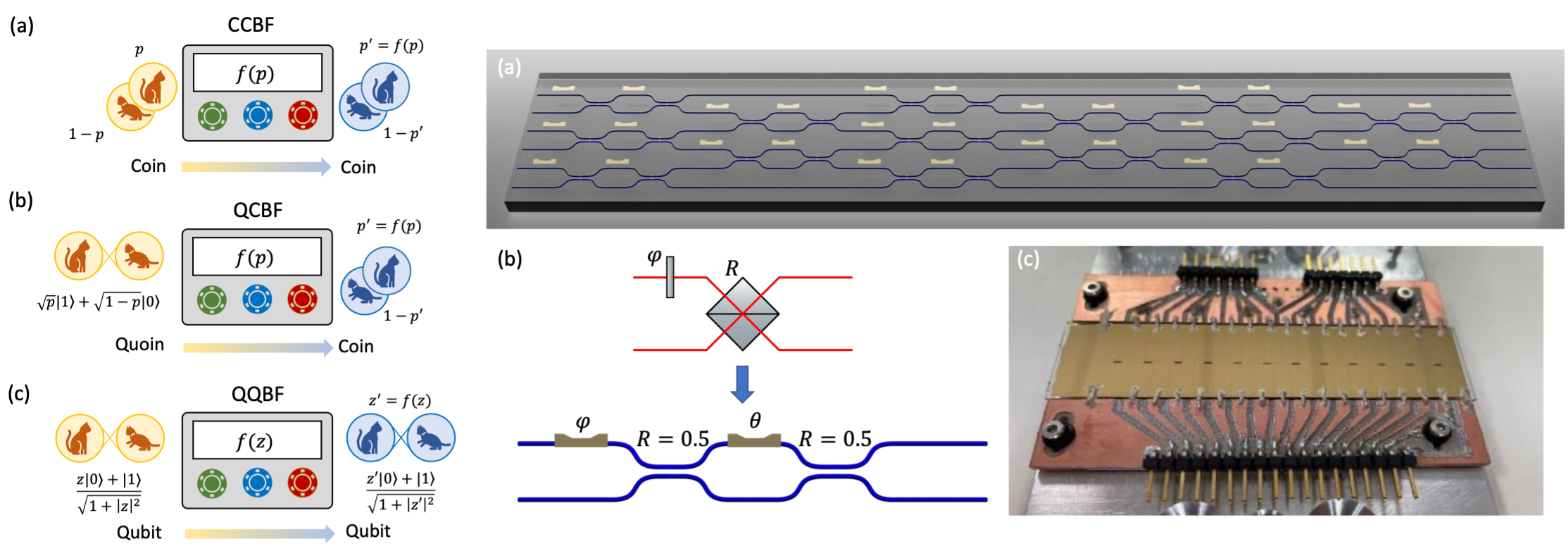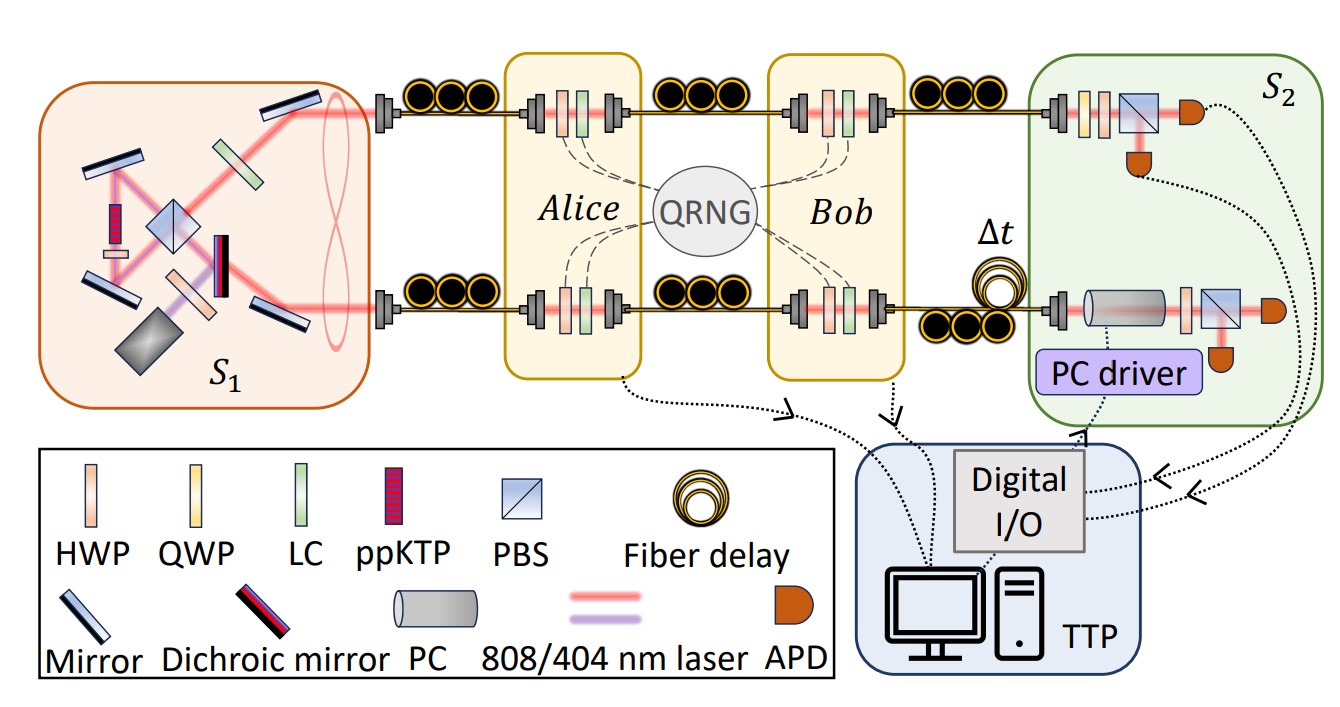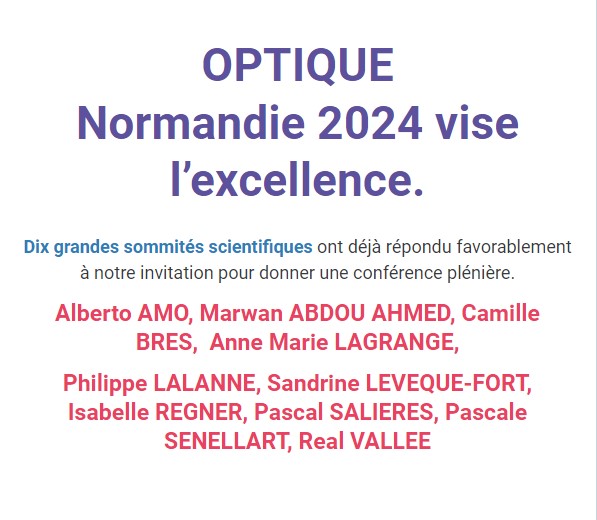Beatrice Polacchi invited speaker at the workshop “QIA & Quantum Punks: New Applications for the Quantum Internet”
On 27 March 2025, Beatrice Polacchi will give a talk at the workshop “QIA & Quantum Punks: New Applications for the Quantum Internet” at the Quantum Information Center Sorbonne (QICS), Sorbonne University of Paris, organized by Veriqloud and Deep Quantum, in partnership with the Use Case Team of the Quantum Internet Alliance.The talk will be … Leggi tutto









